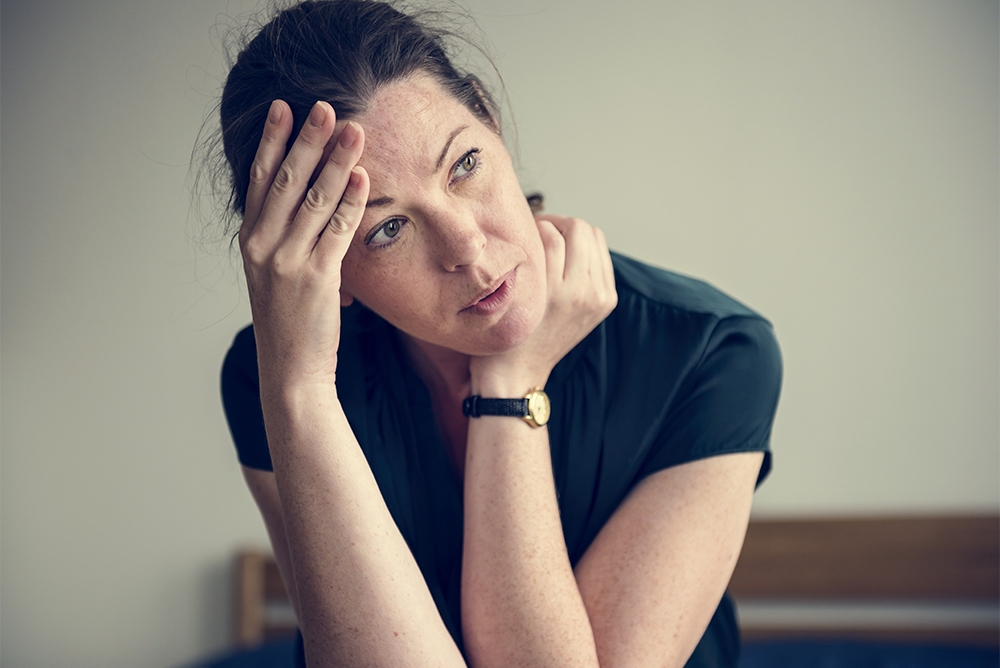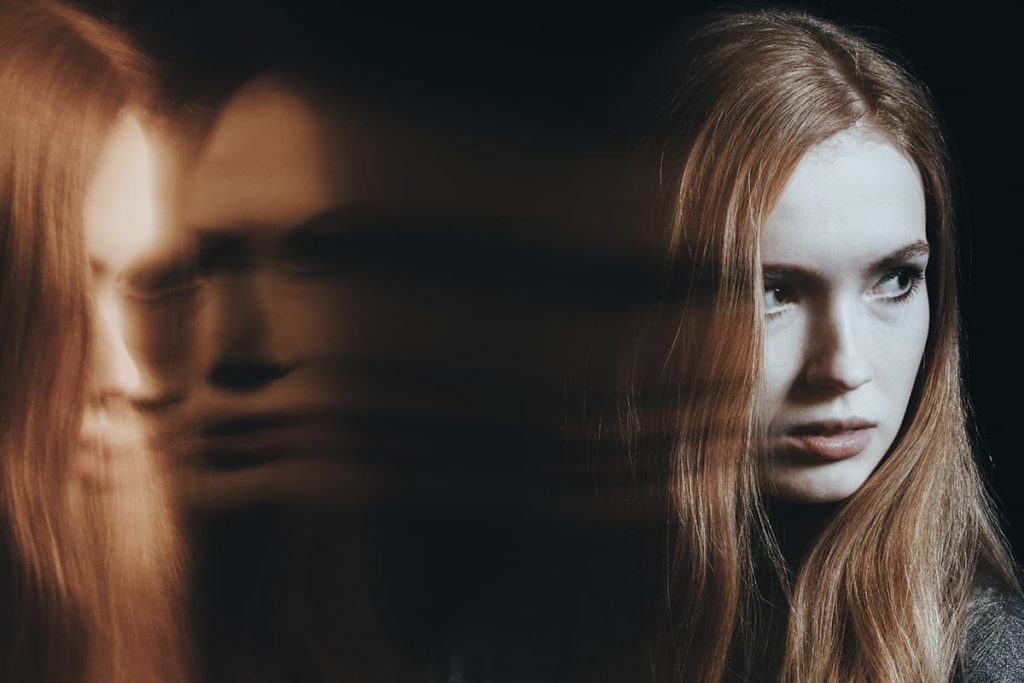
At Oceanfront Recovery, our experienced and compassionate therapists understand that untreated bipolar disorders may have a hand in your struggle with addiction. We treat your mental health while we work through your addiction with our bipolar disorder treatment program. Our mental health treatment programs in Laguna Beach, California, help to ensure a more successful recovery and a lifetime of sobriety.
Symptoms of Bipolar Disorders
Each type of bipolar disorder involves precise and intense shifts in mood, energy, and activity, called mood episodes. These extreme emotional episodes are categorized as manic, depressive, or hypomanic. Hypomanic is still an upswing in the mood but is less severe than a true manic episode. People who have bipolar disorders will also have normal moods, and diagnosis can sometimes be difficult because their symptoms will vary according to what type of episode they’re experiencing at the time. This makes support and therapy critical at Oceanfront Recovery’s bipolar disorder treatment program. Coupled with substance abuse, treatments are considered through dual diagnosis treatments in Laguna Beach.
Manic Episodes
Manic episodes are when you experience three or more of the symptoms listed below for most of the day for at least a week at a time. Manic episodes are severe and may cause problems in your relationships and an inability to function normally. When in the throes of a manic episode, you may:
- Feel elated, high, or ecstatic
- Have lots of energy and feeling restless or jumpy
- Feel agitated, edgy, or irritable
- Have trouble sleeping
- Be more active than usual
- Feel as if your brain is racing
- Talk loudly, fast, or more than usual
- Be agitated, irritable, or “touchy.”
- Overschedule or multitask to the extreme
- Engage in risky behavior
Manic episodes will usually last at least a week in those patients with bipolar I or bipolar II disorder. In cyclothymic bipolar disorder, the manic and depressive episodes last about half that time. Sometimes, hospitalization may be necessary during a manic episode to ensure safety.
Hypomanic Episodes
If you experience hypomanic episodes, they exhibit the same symptoms as a manic episode, but they are less severe. They do not cause as many problems as manic episodes and last for about four days.
Once your mood swings to a depressive episode, you may:
- Feel down, extremely sad, empty or hopeless
- Have deficient energy and feel tired all the time
- Decrease your activity levels and no longer enjoy things you used to
- Have trouble sleeping – either too much or too little
- Changes in appetite
- Feel worried and anxious
- Have trouble focusing, concentrating, and forgetting things
- Have frequent thoughts of death or suicide
A major depressive episode is defined as lasting for two weeks, and you have at least five of the above symptoms, including one of the first two.
Find Relief with Oceanfront Recovery’s Bipolar Disorder Treatment Program
If you or a loved one exhibits symptoms of bipolar disorder or has been diagnosed with bipolar disorder and suffers from addiction, contact Oceanfront Recovery. You will speak confidentially with one of our experienced intake specialists, who will help you get started on your journey to recovery. The bipolar disorder treatment program in Laguna Beach, California, is here for you.
At Oceanfront Recovery, we take mental health very seriously. We understand that positive mental health is just as important in a person’s life as good physical health. Without positive psychological and physical health, overall wellness is elusive. This is why we offer several mental health treatment programs like our bipolar treatment program, such as:
- ADHD treatment
- Anxiety treatment
- Depression treatment
- OCD treatment
- PTSD treatment
- Schizophrenia treatment
- Seasonal affective disorder
Reach out today by contacting us online or by calling us at 877.296.7477.




